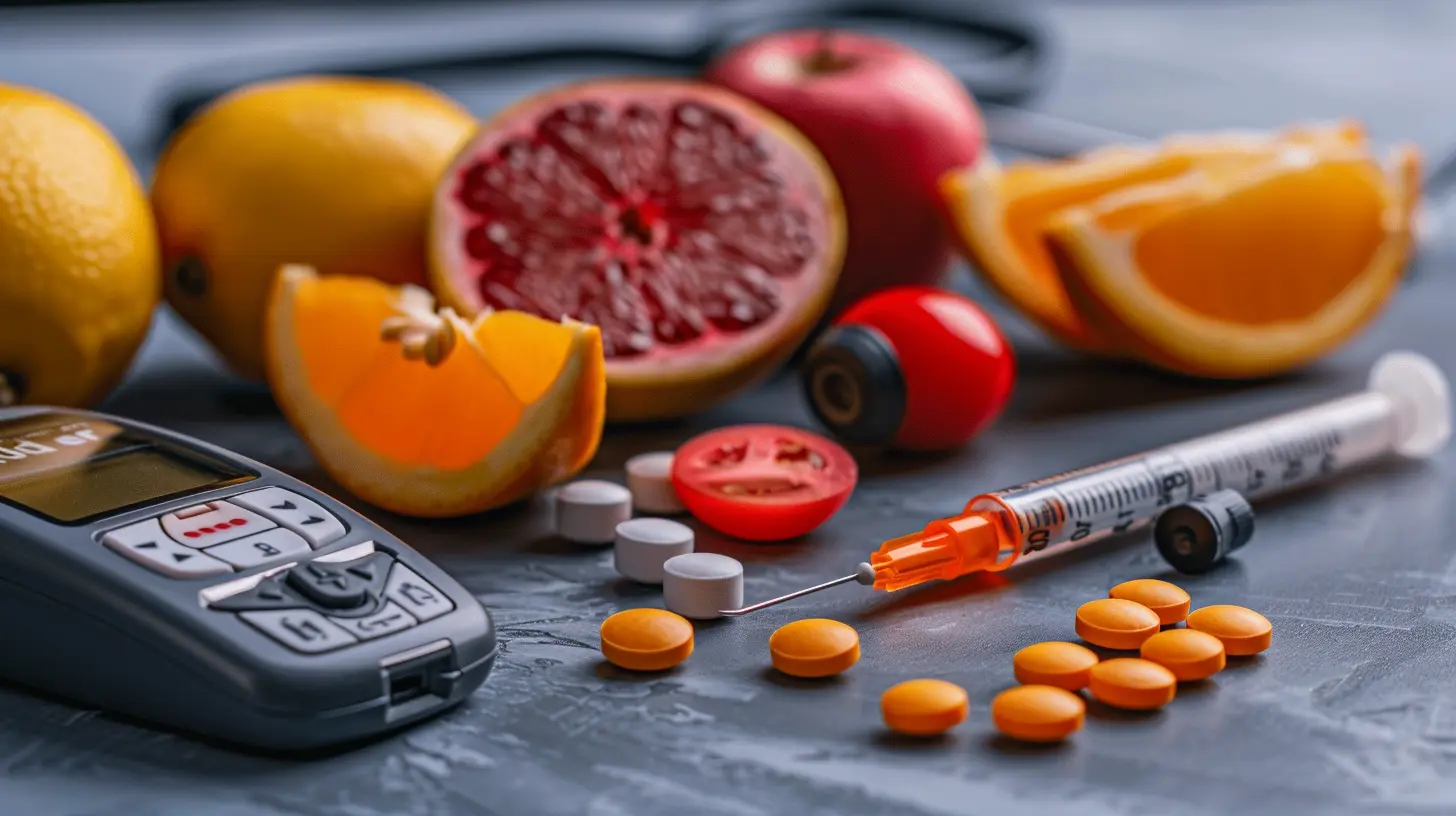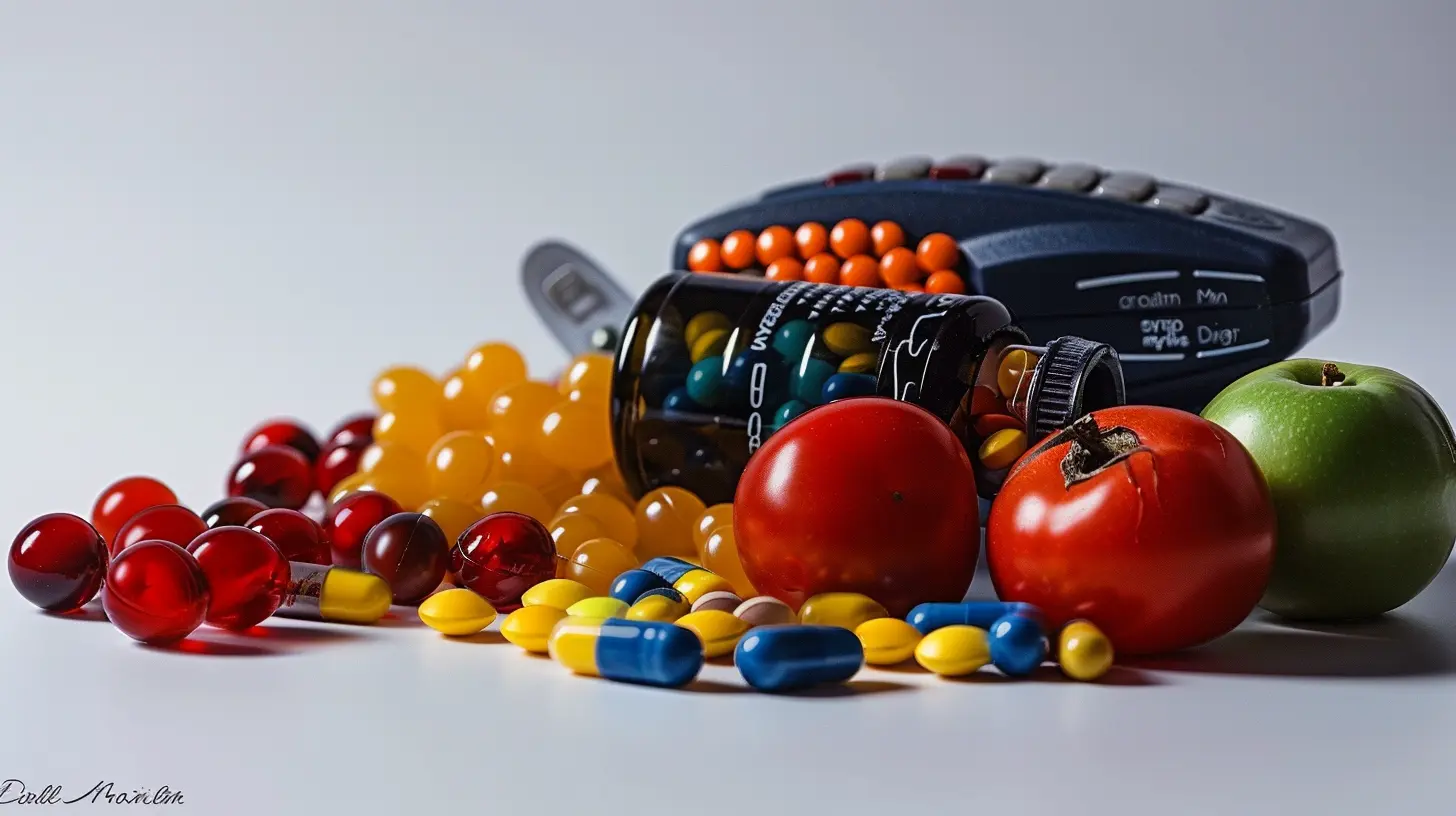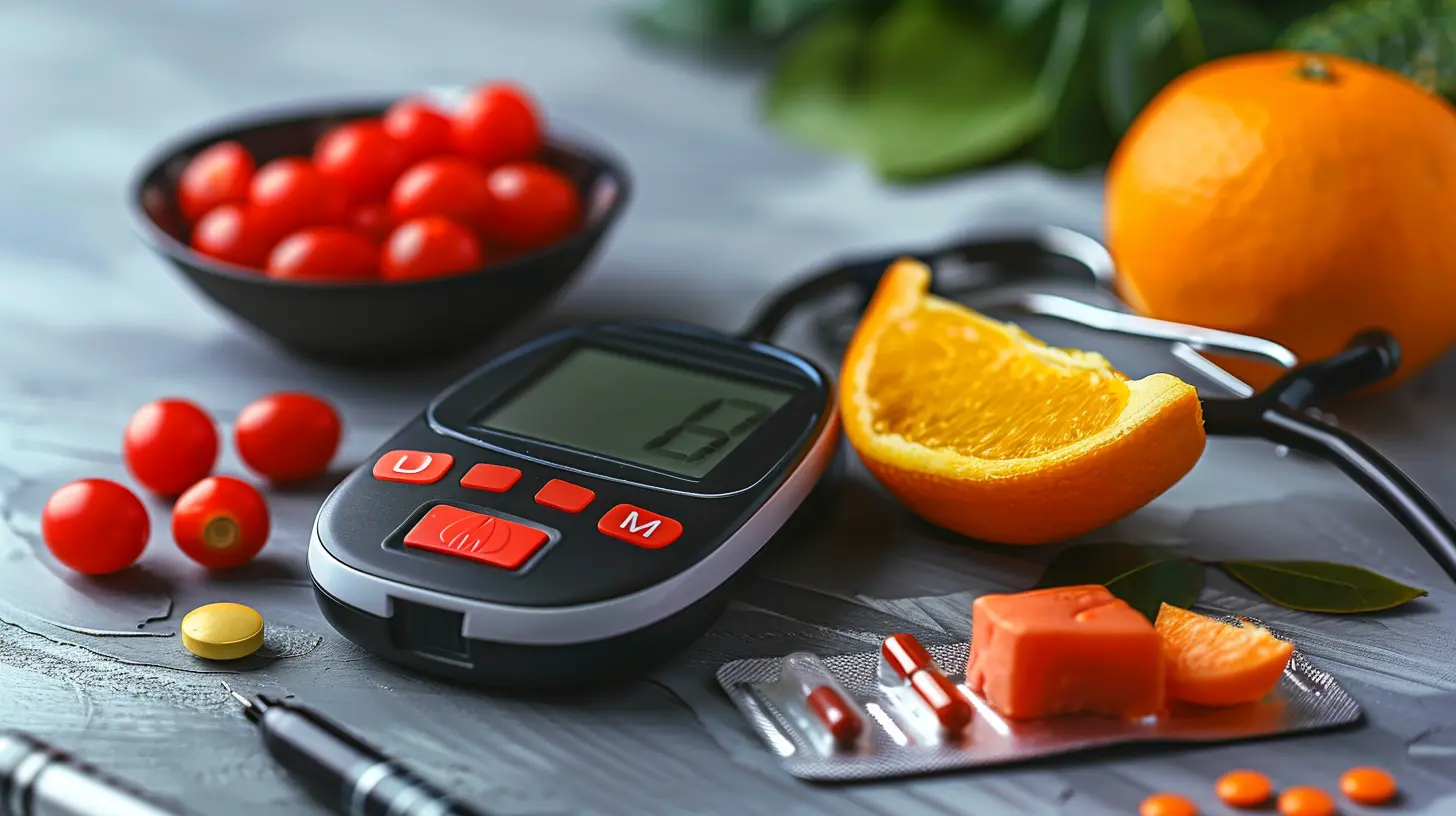Recognizing and Managing Hypoglycemia
11 August 2025
Have you ever felt dizzy, shaky, or suddenly extremely hungry? These could be signs of hypoglycemia, a condition that happens when your blood sugar drops too low. If you or someone you care about has diabetes or experiences sudden energy crashes, understanding hypoglycemia is crucial.
In this guide, we'll break down what hypoglycemia is, why it happens, how to recognize it, and the best ways to manage and prevent it. So, let's jump right in!

What is Hypoglycemia?
Hypoglycemia occurs when your blood sugar (glucose) levels drop below normal, usually below 70 mg/dL. Glucose is your body's primary energy source, and when levels dip too low, your brain and muscles struggle to function properly.While it's most common in people with diabetes, hypoglycemia can affect anyone due to diet, lifestyle, or medical conditions.

Causes of Hypoglycemia
Several factors can trigger low blood sugar. Here are some of the most common culprits:1. Diabetes Medications
If you have diabetes and take insulin or other glucose-lowering medications, you are at a higher risk. Taking too much medication or skipping meals can result in dangerously low blood sugar levels.2. Skipping Meals or Eating Late
Your body relies on a steady supply of glucose from food. Skipping meals or eating too little can cause blood sugar to plummet.3. Excessive Exercise Without Fuel
Physical activity burns glucose for energy. Exercising too much without replenishing carbohydrates can lead to hypoglycemia.4. Alcohol Consumption
Drinking alcohol on an empty stomach can interfere with your liver’s ability to release glucose, potentially causing low blood sugar.5. Certain Medical Conditions
Liver disease, hormonal imbalances, or certain tumors can disrupt blood sugar regulation and contribute to frequent low blood sugar episodes.
Recognizing the Warning Signs of Hypoglycemia
Your body usually gives warning signs when blood sugar drops. Some symptoms appear mild at first but can quickly escalate if not addressed.✅ Early Symptoms
- Shakiness or trembling- Sudden hunger
- Sweating
- Dizziness or lightheadedness
- Fast heartbeat
- Irritability or mood swings
⚠️ Severe Symptoms
If untreated, hypoglycemia can lead to:- Confusion or difficulty concentrating
- Slurred speech
- Blurred vision
- Seizures
- Loss of consciousness
If blood sugar levels drop too low for too long, it can become life-threatening.

How to Treat Hypoglycemia
When you notice early symptoms, acting fast is crucial. Here’s a simple three-step plan to raise your blood sugar quickly:1. Follow the "15-15 Rule"
If your blood sugar is low (below 70 mg/dL), follow this guideline:- Consume 15 grams of fast-acting carbohydrates (such as 4 ounces of juice, a tablespoon of honey, or glucose tablets).
- Wait 15 minutes and check your blood sugar.
- If it’s still low, repeat the process until levels return to normal.
2. Eat a Balanced Snack or Meal
Once your blood sugar is stable, eat a meal or snack containing protein and healthy fats to maintain your levels, such as peanut butter with whole-grain crackers or a small serving of yogurt with nuts.3. Seek Emergency Help if Necessary
If someone is experiencing severe hypoglycemia (like seizures or unconsciousness), do NOT give them food or drink. Instead:- Administer a glucagon injection if available.
- Call emergency services immediately.
Preventing Hypoglycemia
While knowing how to treat low blood sugar is essential, preventing it in the first place can save you from unnecessary stress and health risks.🥗 1. Eat Regular, Balanced Meals
Skipping meals or delaying eating can wreak havoc on blood sugar levels. Stick to a schedule and eat every 3-4 hours to maintain stability.💪 2. Monitor Carbohydrate Intake
Carbs are your body's primary fuel source, but consuming quality carbohydrates in moderation (like whole grains, fruits, and vegetables) helps maintain balanced blood sugar levels.🩺 3. Adjust Medications If Necessary
If you're on diabetes medication, work with your doctor to adjust dosages or timing to avoid hypoglycemia.🏃 4. Be Mindful of Exercise
Stay active, but make sure to eat a small snack before exercising if you are prone to low blood sugar.🍷 5. Limit Alcohol Consumption
Drinking alcohol on an empty stomach can spike and crash your blood sugar. Always eat before drinking and avoid excessive intake.🔬 6. Regularly Check Blood Sugar Levels
Frequent blood sugar checks can help you catch drops before they become severe. Keeping a glucose monitor handy is a smart move.
When to See a Doctor
If you find yourself experiencing frequent episodes of low blood sugar, it's time to consult a doctor. They can help identify underlying causes and adjust your diet, medication, or lifestyle to keep blood sugar stable.Final Thoughts
Hypoglycemia can be scary, but recognizing the signs and knowing how to handle them makes all the difference. Whether you have diabetes or simply experience occasional sugar crashes, eating right, staying active, and managing stress can help keep your blood sugar in check.If you suspect you're at risk, talk to your doctor and make a plan to prevent dangerous blood sugar dips. Remember, your health is in your hands—so take charge and stay informed!
all images in this post were generated using AI tools
Category:
DiabetesAuthor:

Madeline Howard
Discussion
rate this article
1 comments
Raegan Potter
This article provides valuable insights into recognizing and managing hypoglycemia effectively. It emphasizes the importance of understanding symptoms and timely intervention, which is crucial for individuals at risk. Overall, it serves as a helpful guide for both patients and caregivers to navigate this challenging condition with confidence.
August 24, 2025 at 3:34 AM

Madeline Howard
Thank you for your kind words! I'm glad you found the article helpful in understanding and managing hypoglycemia. Your feedback is appreciated!


